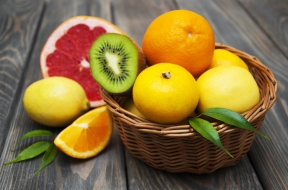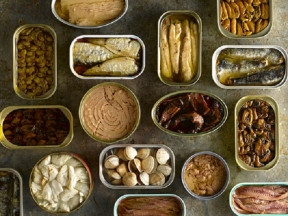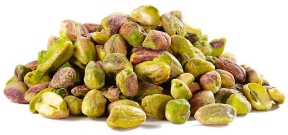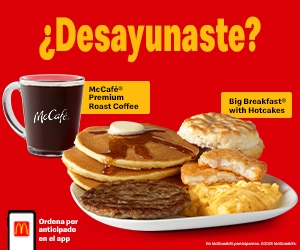From travel plans to last-minute shopping, the end of year brings a busy calendar that can lead to stress in the kitchen and beyond. If you’re trying to eat a balanced diet, extra activities coupled with an abundance of holiday sweets can make it seem impossible to keep up with your healthful habits. While there is definitely room to enjoy your holiday favorites in moderation, be sure to stock your kitchen with these time-saving foods for some seasonal stress relief.

Citrus Fruits: It might seem like the only trees of the season are covered in ornaments, but citrus fruits have their best showing in the winter months. Packed with vitamin C, everything from grapefruits to clementines are delicious and affordable this time of year. A powerful antioxidant, studies show that vitamin C can help reduce stress levels and offer immune-boosting qualities. Citrus fruits make quick fiber-filled snacks, as well as tasty additions to salads to add bright colors and a kick of sweetness without a lot of calories.

Canned Fish: Canned tuna, salmon and sardines offer a no-cook protein option for a nutritious meal when you’re pressed for time. In addition to protein, fish contains B vitamins and iron, and is one of the only natural sources of omega-3s fatty acids, which appear to be important for cognitive (brain memory and performance) and behavioral function. Omega-3 fatty acids have also been shown to help with blood flow and reduce inflammation, both of which are compromised during times of heightened stress. Just one serving of Bumble Bee Omega-3 albacore tuna contains 500 mg of omega-3 fatty acids. To help reach the recommended 2 to 3 servings of fish a week, make a kid-friendly tuna sandwich with diced red and green apples for some holiday flair, or go for a hearty tuna nicoise salad that’s refined enough to serve holiday guests.

Pistachios: For a more mindful snack option this holiday season, keep pistachios on hand. A Pennsylvania State University study showed that during times of stress, pistachios helped lower blood pressure and heart rate in a sample of adults with elevated cholesterol. In addition, in-shell pistachios take longer to eat, and may encourage snackers to slow down and be more conscious of what they’ve eaten. A preliminary behavioral eating study found that in-shell snackers ate 41 percent fewer calories than those who snacked on shelled nuts. A good source of protein and fiber, pistachios can help stabilize blood sugar levels for sustained energy, as well as offer a festive green color that’s perfect for the season.









